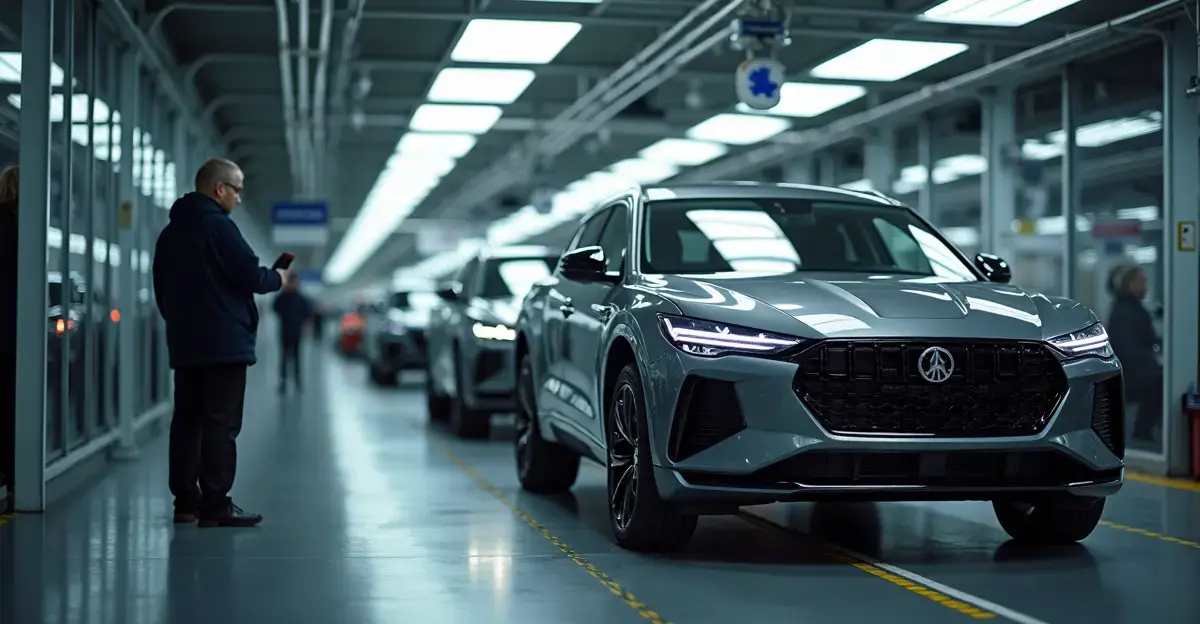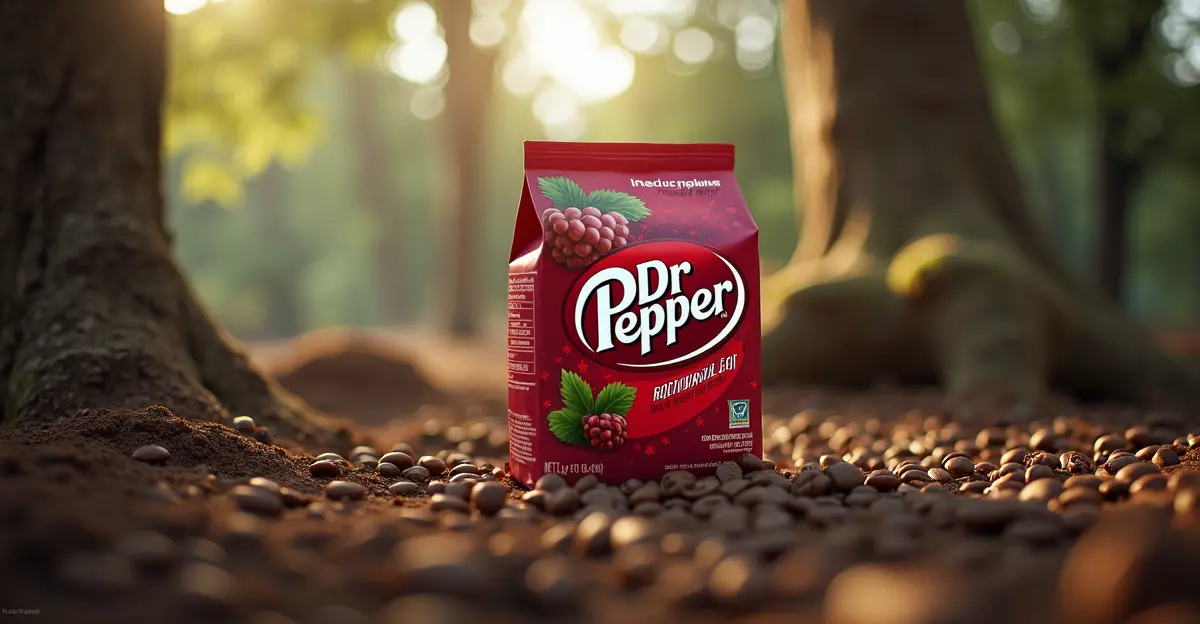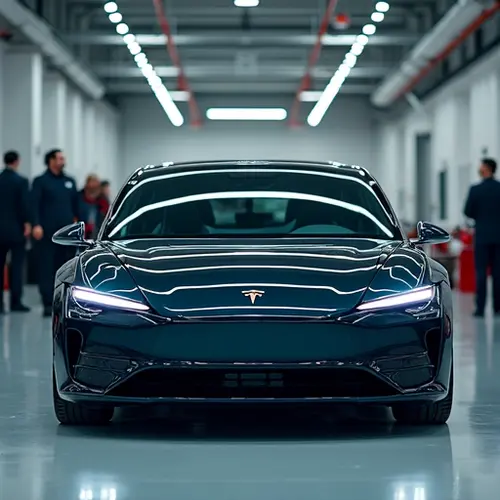Automotive Giant Stellantis Suspends Production at Key European Plants
Stellantis, the multinational automotive conglomerate formed through the merger of Fiat Chrysler Automobiles and PSA Group, has announced temporary production suspensions at two major European facilities. The decision affects factories in Italy and France, signaling deepening challenges in the European automotive market.
Production Halts Across Key Facilities
The Italian plant in Pomigliano d'Arco, which manufactures the popular Fiat Panda and Alfa Romeo Tonale models, will see production halted from late September. Simultaneously, the French facility producing Opel vehicles will also suspend operations. "The difficult market conditions in Europe have forced us to make these difficult decisions," a company spokesperson told ANP news agency.
Sales Decline Reflects Market Pressures
Stellantis reported an 8 percent decline in sales over the past six months, with deliveries dropping to 1.2 million vehicles. This downturn comes amid broader challenges facing European automakers, including supply chain disruptions, shifting consumer preferences, and economic uncertainties.
The company, which ranks as the world's fifth-largest automaker, operates numerous other facilities across Europe, including plants in Germany and Poland. Stellantis maintains a diverse portfolio of 14 brands including Peugeot, Citroën, Jeep, Chrysler, and Maserati.
Broader Industry Context
This production suspension follows recent industry turbulence, including significant financial losses reported by Stellantis earlier this year. The automotive sector continues to navigate complex transitions toward electrification while managing traditional market pressures. Source: Wikipedia

 Nederlands
Nederlands
 English
English
 Deutsch
Deutsch
 Français
Français
 Español
Español
 Português
Português










